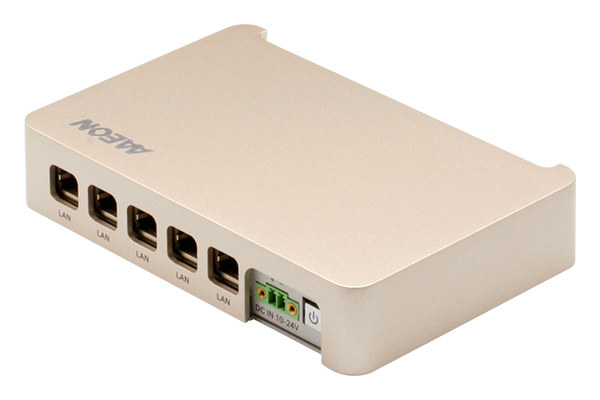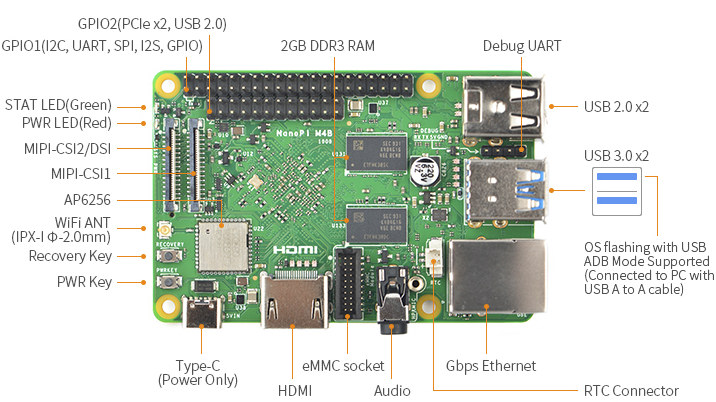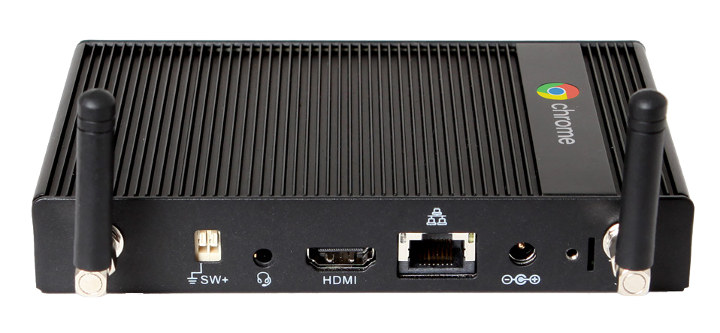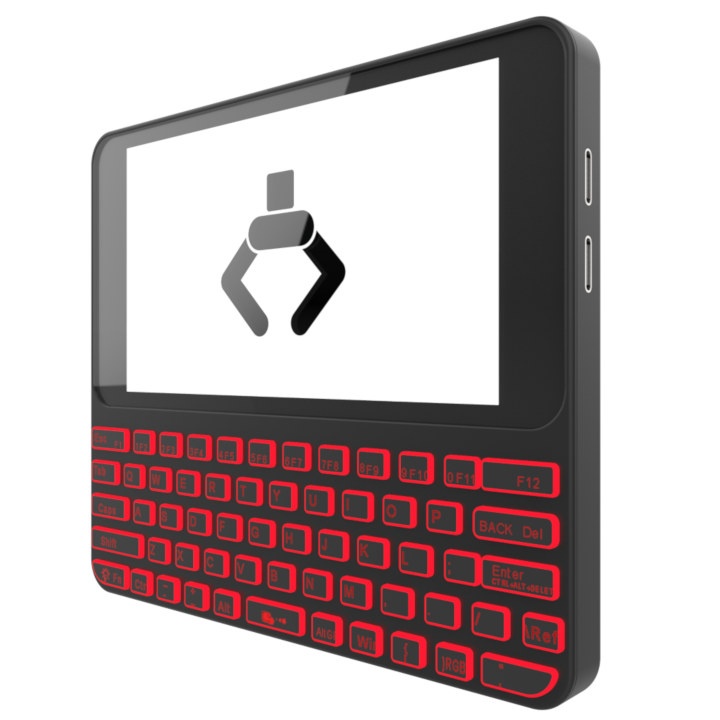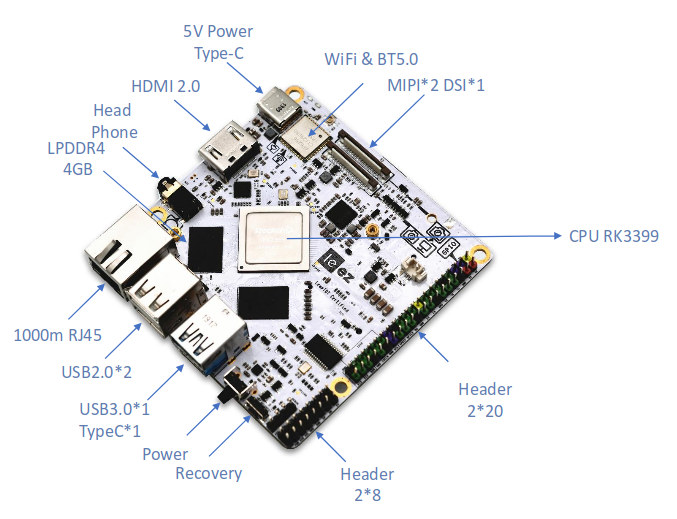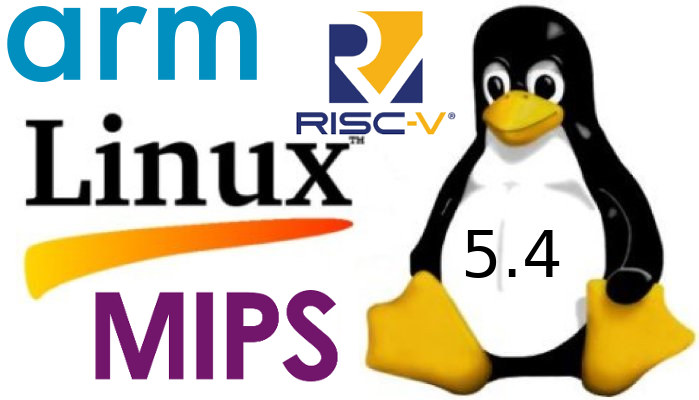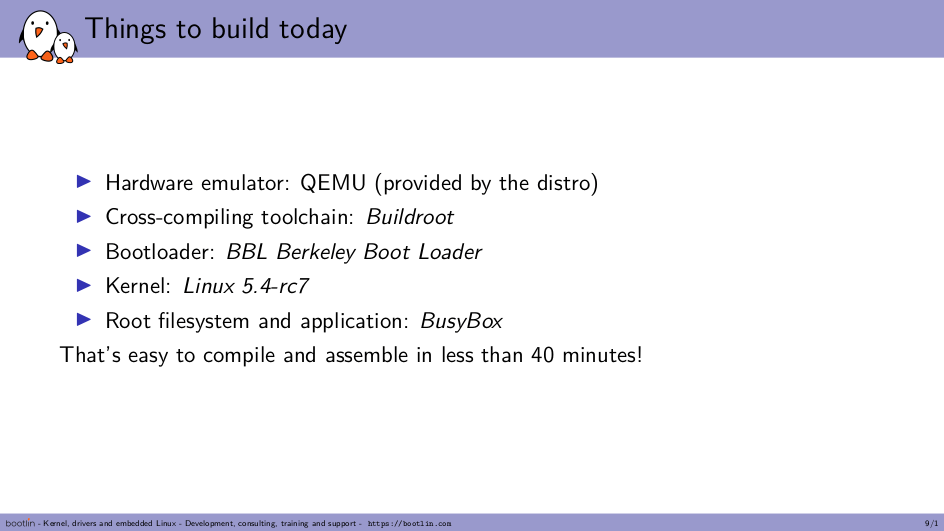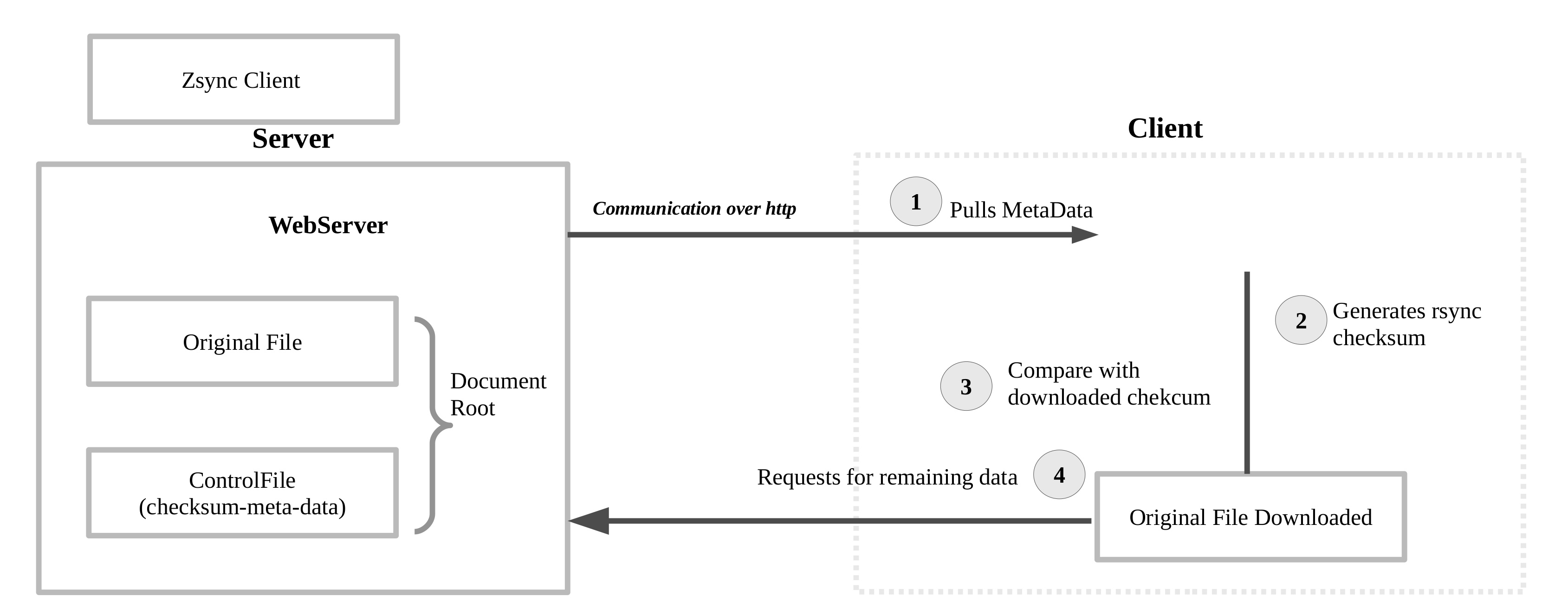AAEON has launched several AI Boxer-8000 series embedded box PCs based on Intel processors plus AI accelerator, or NVIDIA Jetson TX2. The company has now introduced a new model – BOXER-8220AI – based on NVIDIA Jetson Nano module, and equipped with five Gigabit Ethernet ports. AAEON BOXER-8220AI specifications: SoM (CPU/Memory/Storage) – NVIDIA Jetson Nano with quad-core Arm Cortex-A57 MPCore processor @ 1.43 GHz, 128-core Maxwell GPU. 4GB LPDDR4, 16GB eMMC flash or MicroSD card Video Output – HDMI 2.0 Connectivity – 5x Gigabit Ethernet ports USB – 4x USB 3.0 ports, 1x Micro USB to flash the OS Serial – 2x RS-232 Misc – Power button, recovery button, power LED Power Supply – 10-24V DC via 2-pin terminal block Dimensions – 154 x 101 x 30 mm Weight – 1 kg Temperature Range – Operating: -20°C ~ 60°C, according to IEC60068-2 with 0.5 m/s AirFlow; storage: -45°C ~ 80°C Storage […]
NanoPi M4B Rockchip RK3399 SBC Drops the USB 3.0 Hub, Adds Bluetooth 5.0, an ADB Switch
NanoPi M4 was launched last year (2018) as a Rockchip RK3399 SBC following Raspberry Pi 3B+ form factor with 2 or 4GB DDR3 RAM, and was followed by NanoPi M4V2 this September with 4GB LPDDR4 memory, and power & recovery buttons. FriendlyELEC has been working on yet another revision with NanoPi M4B mixing some of the features of M4 and M4V2 such as DDR3 memory and power & recovery buttons, but the biggest change is the removal of the USB 3.0 hub which allowed for four USB 3.0 port, and now the company is going native leveraging the two USB 2.0 interfaces and two USB 3.0 interfaces inside Rockchip RK3399 processor which should lower the BoM cost, and in some cases improve performance. NanoPi M4B specifications: SoC – Rockchip RK3399 big.LITTLE hexa-core processor with 2x Arm Cortex-A72 @ up to 2.0GHz, 4x Cortex-A53 @ up to 1.5GHz, a Mali-T864 GPU […]
AOPEN Chromebox Mini is Designed for Digital Signage and Kiosks
Most ChromeOS devices are designed for either the consumer or educational markets, but Google’s operating system can also be used for commercial applications such as digital signage. A cheap way to set up a ChromeOS based digital is to get a ChromeBit (around $100 used) and install one of the Digital Signage apps for the OS. But as I checked out Linux 5.4 changelog, I came across AOPEN Chromebox Mini (codename Fievel) powered by a Rockchip RK3288 processor and described as an “enterprise-ready” Chromebox for 24/7 operation as digital signage or kiosk. AOPEN Chromebox Mini specifications: SoC – Rockchip RK3288C quad-core Cortex-A17 processor @ up to 1.8GHz with Arm Mali-T764MP GPU clocked at up to 600 MHz System Memory – Dual-channel 4GB LPDDR3 Storage – 16GB eMMC 5.0 flash Video Output – HDMI up to 1080p60 Audio – 1x combo jack with Line out/Line in Connectivity – Gigabit Ethernet, WiFi […]
Pocket Popcorn Computer Handheld Linux Computer Looks Like an Improved, Faster PocketCHIP (Crowdfunding)
PocketCHIP was a Linux handheld computer powered by Allwinner R8/GR8 Cortex-A8 based CHIP board. The battery-powered device came with a small resistive display, 512 MB RAM, 4GB NAND flash, and a keyboard allowing to run Debian with PICO8 GUI so you could play retro games, access the terminal and so on. But since Next Thing Co folded last year the products are not available anymore. Since the designs were open source, Source Parts first tried to resurrect the board via their slightly modified Popcorn Computer but the Kickstarter campaign was unsuccessful. The company is now attempting to bring back PocketCHIP (sort of) with Pocket Popcorn Computer (abbreviated as Pocket P.C.) with a new design, and a much more powerful quad-core Cortex-A53 processor and overall better specs. Pocket Popcorn Computer specifications: SoC – Allwinner A64 quad-core Arm Cortex-A53 CPU with Arm Mali-400MP2 GPU System Memory – 2GB DDR3 RAM Storage – […]
Lenovo Enters the SBC Market with Leez LP710 RK3399 Board
It’s always interesting to look into mainline Linux changelog either to find out about new software features, but also new hardware platform. And earlier today, I wrote about Linux 5.4 release, I noticed comments about “Leez RK3399 P710 SBC“. After searching a bit, it turns out it’s a single board computer by Lenovo, which the company apparently showcased at World Mobile Congress in Spain last February. Leez is apparently a team part of Lenovo. Lenovo Leez P710 board specifications: SoC – Rockchip RK3399 hexa-core processor with 2x Cortex-A72 cores @ up to 2.0 GHz, 4x Cortex-A53 cores, and an Arm Mali-T860MP4 GPU System Memory – 2 or 4GB LPDDR4 Storage – 16GB eMMC flash, MicroSD card slot Video Output – HDMI 2.0a up to 4K @ 60 Hz, 4-lane MIPI DSI, DisplayPort via USB-C port Audio – Audio jack + digital audio output via HDMI Camera I/F -2x 4-Lane MIPI-CSI […]
Linux 5.4 Release – Main Changes, Arm, MIPS & RISC-V Architectures
Linus Torvalds has just announced the release of Linux 5.4: Not a lot happened this last week, which is just how I like it. And as expected, most of the pull requests I got were for the 5.5 merge window, which I’ll obviously start working through tomorrow. What little there is here is mostly some networking updates (mix of network drivers and core networking), and some minor GPU driver updates. Other than that it’s a small collection of random other things all over. The appended shortlog is small enough that you might as well just scroll through it. Anyway, this obviously opens the merge window for 5.5. It’s not ideal timing with Thanksgiving week coming up, but it hopefully shouldn’t be too much of an issue. If I fall behind (not because I’m all that big of a fan of the indiscriminate and relentless turkey-killing holiday) it’s because we’ve got […]
Getting Started with Embedded Linux on RISC-V in QEMU
RISC-V is getting more and more popular, but if you want to run Linux on actual hardware it’s currently fairly expensive since you either need to rely on HiFive Unleashed SBC ($999), or expensive FPGAs. Another solution is running Linux RISC-V via QEMU emulator, and I showed how to do this using BBL (Berkeley Boot Loader), Linux 4.14, and busybear rootfs. If you check the comments section of that earlier post you could also try out Fedora RISC-V images in QEMU. Bootlin has now published a presentation showing how to run embedded Linux on RISC-V in QEMU with many of the same components as in the previous instructions, but with a more up-to-date Linux kernel (5.4), and using Buildroot to build everything from scratch including the toolchain, BBL, the Linux kernel, and a Busybox based root file system. They explain each step in detail in the 45-page presentation to allow […]
Zsync HTTP-based File Transfer Utility Transfers Large Files Efficiently
Zsync is an opensource file transfer utility built on top of rsync algorithm. This helps to download partial/differential files over the HTTP protocol. The utility allows downloading only new parts of a file from a centralized location, where the older version of the file is already within your computer. While rsync is for syncing data from one computer to another, zsync allows file distribution, where the file hosted in a server using any web server can be distributed to many and downloaded seamlessly. How it works The command-line utility will do all the differential calculations in the client, instead of doing it in the server as in rsync. Server metadata will be created only once and stored as part of the control file. And rest of the operations and decision making will be handled by the client-side application. This will reduce the huge processing needed on the server-side, even when […]


